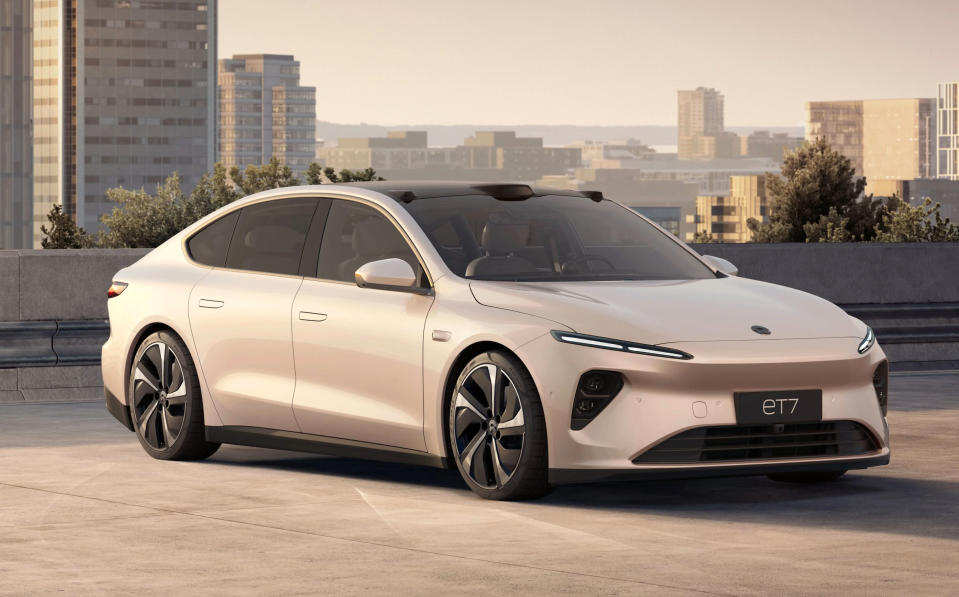Newly proposed Congressional legislation would mandate security reviews for connected vehicles manufactured by automakers from China and “other countries of concern.” Rep. Elissa Slotkin (D-MI), a former CIA analyst and Pentagon official, introduced the bill on Wednesday.
If passed by Congress, the Connected Vehicle National Security Review Act would create a formal review process for connected vehicles from Chinese companies. It would also authorize the Department of Commerce to restrict or ban these vehicles before they enter the US market.
“Today’s vehicles are more sophisticated than ever, equipped with cameras, radars, and other advanced sensors, along with the capability to process, transmit, and store the data they gather in the United States,” said Slotkin. “If allowed into our markets, Chinese connected vehicles would provide the Chinese government with a treasure trove of valuable intelligence on the United States, including the ability to gather information on our military bases, critical infrastructure like the power grid and traffic systems, and even track specific U.S. leaders if they choose.”
In a speech on the House floor earlier this month, Slotkin highlighted that Chinese EVs, often sold at lower prices than their US and European counterparts, could quickly gain a significant share of the American market. She noted that Chinese vehicles, first sold in Europe in 2019, now account for almost a quarter of its market. The representative also recently inquired about the security gap with Secretary of the Army Christine Wormuth and Secretary of Defense Lloyd Austin.
Alternatively, legislators could enact a comprehensive data privacy law instead of addressing these issues piecemeal.
The bill’s introduction follows the Biden Administration’s quadrupling of import tariffs on Chinese EVs. The new EV levies from the White House increased from 25 percent to 100 percent, following a 70 percent rise in China’s EV exports between 2022 and 2023.
In February, the White House also ordered the Department of Commerce to investigate the risks of connected vehicles from China and other adversaries. However, this action was conducted through an executive order and could be reversed by future administrations. Slotkin’s legislation aims to close these loopholes if it passes through Congress — a challenging feat in today’s highly contentious political environment.




